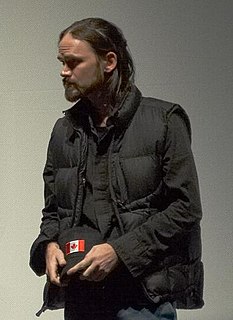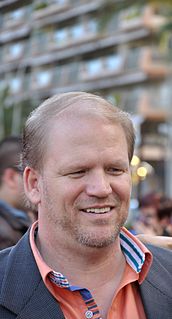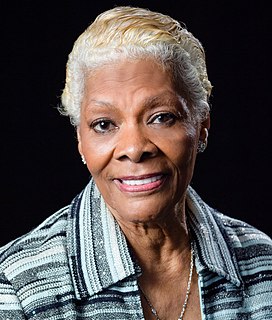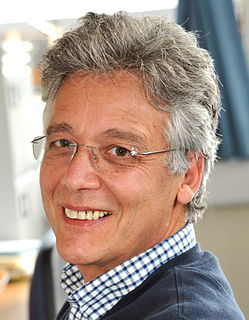A Quote by Jordan Peterson
The answer to the problem of inequality is for the people who are fortunate enough to either have been gifted or deserved more to do everything they can to make the communities around them as strong as they possibly can.
Related Quotes
I have so many really gifted friends, actors who I thought deserved as much as I did to get an agent or a job, or deserved more, and just never made it through somehow. I've always been really fiercely tethered to that. You know, I've been very lucky. All the filmmakers I've worked with have taken my desire to educate myself very seriously.
Television viewership has been declining for a number of years. The internet has been blamed. Everything has been blamed. Except for what I think the problem is: that the networks own the shows, and they completely think that they make them. They don't any longer let the people who make shows just make them. The networks have notes about everything. They are intimately involved in every aspect of the process. And I think it's hurt the process.
I used to suspect that in the brain, time is its own representation. I now think the problem is so much more complicated. Initially I was rather impressed by the experiments showing that on complex problems, subjects who are distracted do better in getting an answer than either those who answer immediately or those who spend time reflecting on the problem.
History proves that dictatorships do not grow out of strong and successful governments, but out of weak and helpless ones. If by democratic methods people get a government strong enough to protect them from fear and starvation, their democracy succeeds; but if they do not, they grow impatient. Therefore, the only sure bulwark of continuing liberty is a government strong enough to protect the interests of the people, and a people strong enough and well enough informed to maintain its sovereign control over its government.
Depression is a serious problem, but drugs are not the answer. In the long run, psychotherapy is both cheaper and more effective, even for very serious levels of depression. Physical exercise and self-help books based on CBT can also be useful, either alone or in combination with therapy. Reducing social and economic inequality would also reduce the incidence of depression.






































